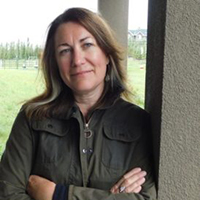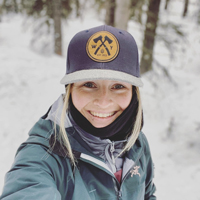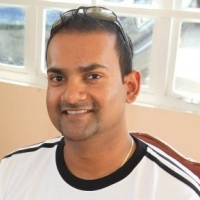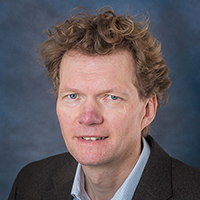The Arctic Observing Summit (AOS) is a biennial summit that aims to provide guidance based on the best available knowledge for the design, implementation, coordination and sustained long-term (decades) operation of an international network of Arctic observing systems.
The AOS provides a platform to foster international communication and the widespread coordination of long-term observations aimed at improving understanding and responding to system-scale Arctic change. The AOS is an international forum for optimizing resource allocation through coordination and exchange among all involved or interested in long-term observing activities, while minimizing duplication and gaps.
The inaugural AOS was held in Vancouver, Canada, on 29 April to 2 May 2013. Since the second summit in 2014, it has taken place every two years, coinciding with the Arctic Science Summit Week (ASSW).
AOS organizers develop the Summit theme and sub-themes. For instance, the theme for AOS 2020 was “Observing for Action.” Working groups are built around sub-themes to start organizing community input and planning for the Summit.
A call for white papers and short statements is the first opportunity for the broader observational community to provide input into the organization in a year’s AOS.
The AOS fosters communication and collaboration between academia, agencies, Indigenous Peoples, non-governmental organizations, the private sector, and others involved or interested in long-term observing activities.
A key goal for Arctic observing is to achieve equity and representation for Indigenous Peoples in arctic research. The great value of the AOS is as a forum that brings these diverse interests together and allows for exchange of ideas.
The AOS sessions include plenary presentations, breakout sessions, and poster presentations.
Following the summit, AOS organizers distill discussions notes, white papers, short statements, and participant feedback into a statement for the Arctic Science Ministerial.
After select summits, there will be an opportunity to submit full papers for publication – after peer review – in a special issue of the journal Arctic. This is an opportunity for participants to build on their white papers submitted to the summit.
Planning and development of the Arctic Observing Summit is led by the International Study of Arctic Change (ISAC), whose International Program Office is located at the Arctic Institute of North America, University of Calgary, Canada.
Our partners include the International Arctic Research Center and the International Arctic Science Committee.




An AOS Secretariat is currently being implemented as a collaboration between the Arctic Institute of North America (AINA) and the International Arctic Research Center (IARC). The Secretariat will reside at AINA, University of Calgary.